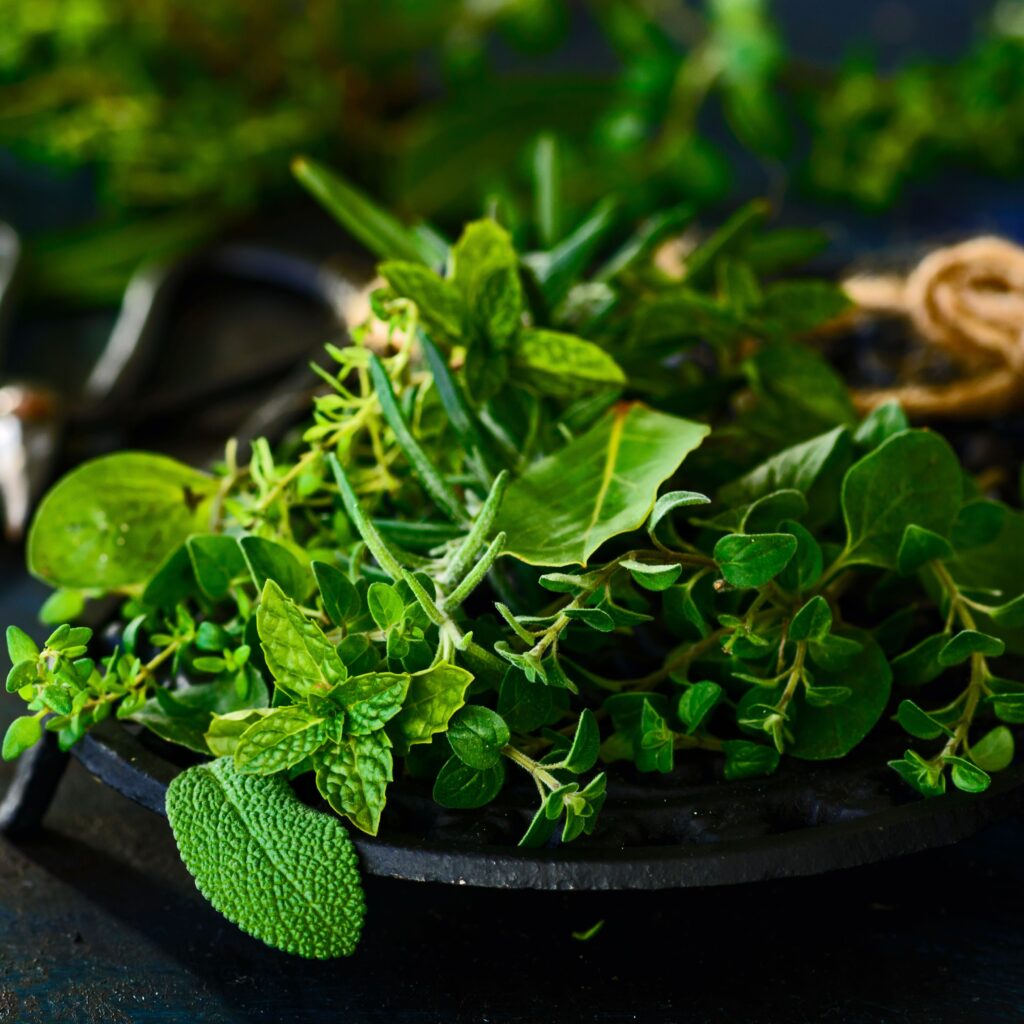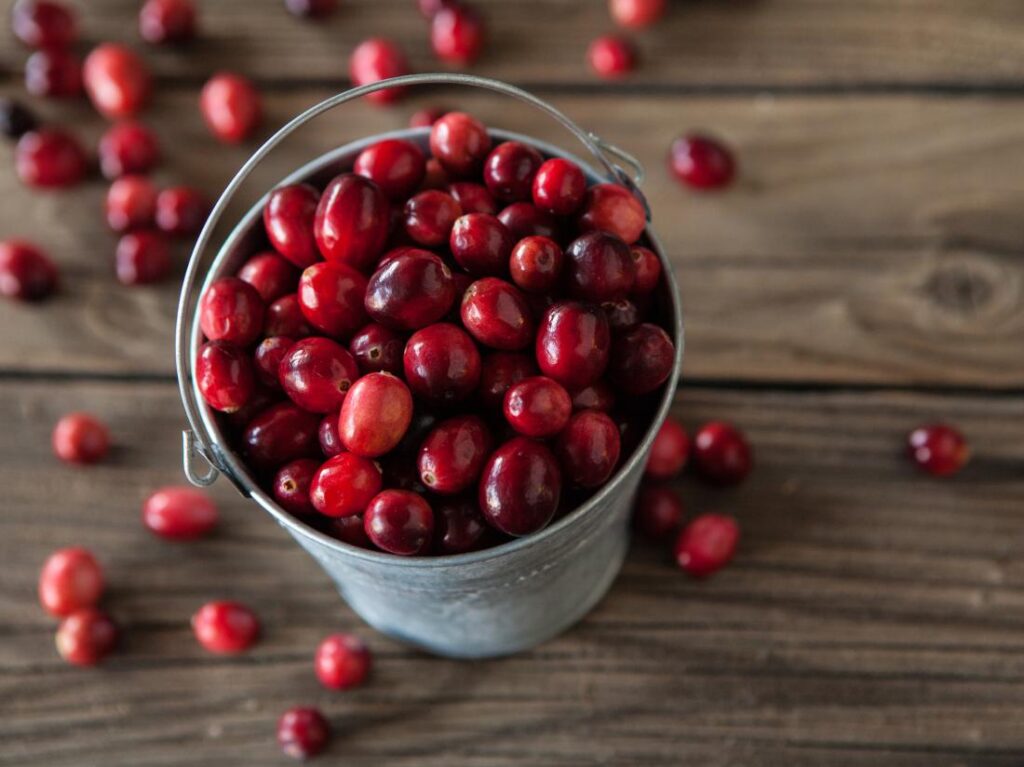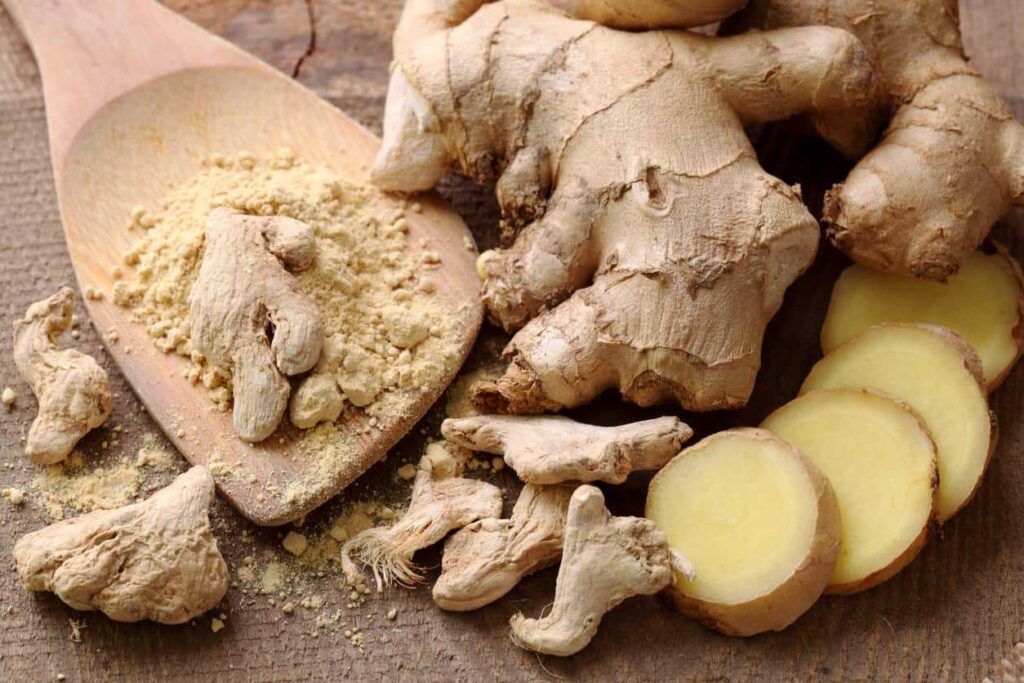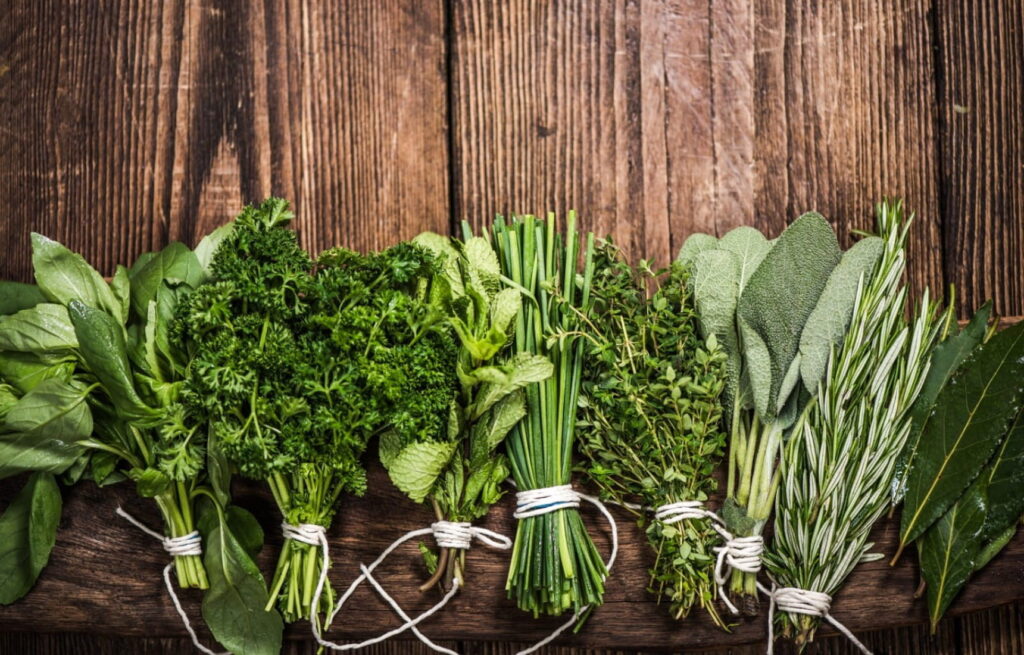
Herbal medicine is on the rise recently, and there is a good reason behind this. It has been proven to work wonders for our bodies many times in the past, and we all know how much a proper diet can affect our health. Our grandmas always had a herbal cure for any type of issue and many people are still treating illnesses with these methods. Of course, there’s a whole science behind it, and many people are not sure if they should ever try to rely on herbal solutions while they’re receiving other types of medicine. Can these two be a mix? How do herbs interact with different medicaments?
In this article, we will try to answer this question to give you a good perspective on the topic.
So without further ado, let’s get to the bottom of it!
Herbs can amplify the effects of medicines

Many herbs, when interacting with different medicine, can strengthen the healing properties found in commercial drugs. The chemical compounds found in some types of herbs can have a positive effect on chemical structures present in prescribed drugs.
Of course, these interactions aren’t always a good thing. This is why it’s absolutely crucial to seek professional advice before mixing herbs with medication. Still, herbs can, in some cases, improve the effects of your treatment, so it’s important to inform yourself and enjoy the results. A lot of scientific research has been done on this subject, so you don’t have to fear any unwanted side-effects. Again, it could be a healthy way of helping your body fight a variety of medical issues if you’re well-informed.
Herbs can block the action of medicines
Some herbs and medications simply don’t mix well. They could completely block the effects of your medication, leaving you at risk of disease. For example, St. John’s wort when mixed with contraception pills can completely nullify their effect and possibly leave you with some negative side-effects.
This is why you should always do your research and tell your doctor about it. A medical professional will always have a good answer and you should always listen to their advice. So yes, if your doctor prescribes you a mix of the two, you’re good to go! Otherwise, choose only one and don’t EVER mix them together.
All in all, some herbs may completely remove the effects of prescription drugs, and the best way to avoid this is to ask your doctor about it.
Herbs can have an impact on the side-effects of some prescription drugs

When you use herbs together with some medications, they can actually make the unwanted side-effects worse. So, while it might seem like a good idea to treat the side-effects of a drug with some herbal solutions, it could make things much more complicated. Sometimes it’s hard to predict how two different chemical structures will interact inside of your body, so it’s better to avoid this if you can.
The best thing to do is to stick to one method of treatment. Of course, the optimal method will depend on your health goals and needs. For example, you can learn more here on how herbs can be amazing for treating obesity and infertility issues. On the other hand, prescription drugs are a much safer alternative in treating heart disease and other similar health complications. Whatever you do, it’s best to keep them separate, and always make sure to ask your doctor before you include any new medications in your life.
List of common herbs and medications that should never mix
In this part of the article, we will discuss herbs and the ways they interact with different prescription drugs. This will help you avoid risky interactions and negative side-effects that they can have on your body and health.
Cranberry

While cranberries are packed with vitamin C, and they’re proven to help treat UTIs, some medications shouldn’t be taken together with them. This is because they can increase the effects on blood thinners like warfarin which could lead to excessive bleeding and bruising.
Valerian
If you use valerian for its calming properties, you should definitely avoid sleep and anxiety pills. A good rule of thumb is to avoid using herbs and medications that have the same effect. Instead of calming yourself and sleeping better, you could end up being nauseous and dizzy.
Ginkgo

While ginkgo has been in use for centuries in traditional Chinese medicine, mixing it up with modern medications might not always be a good idea. It does help treat anxiety, depression, and early dementia, but patients taking any seizure medications should avoid it since it could nullify their effects.
Garlic
We all know how beneficial garlic can be for our health. Still, it does affect blood sugar levels so it shouldn’t be mixed with blood thinners and heart medication. Of course, this is only when it’s consumed in excessive amounts, so make sure to talk to your doctor about it.
Ginger

Avoid consuming ginger with prescribed medications like aspirin and warfarin. Some research suggests that it could amplify the effects on blood thinners which could lead to some unwanted side-effects.
Kava
Kava is a herb that’s mainly used to treat sleep issues, and while it’s extremely healthy when isolated, it should never be used with buprenorphine. This is extremely important to know because it could lead to severe consequences including coma and, in extreme cases, even death.
The takeaway

Herbs and prescribed drugs are usually not a great mix. Sometimes they can be prescribed together for some amazing benefits, but in most cases, it’s something to be avoided. It’s extremely important to let your doctor know about any herbal supplements you’re taking. Many people simply forget to do this, and unfortunately, it could lead them to some devastating consequences.
All in all, the best thing to do is to never mix these two since chemical interactions can be unpredictable and dangerous. Still, if you feel like you need to do it, make sure to get some professional advice. It could save you from many unwanted side-effects, and it will ensure your safety and long-term health.













